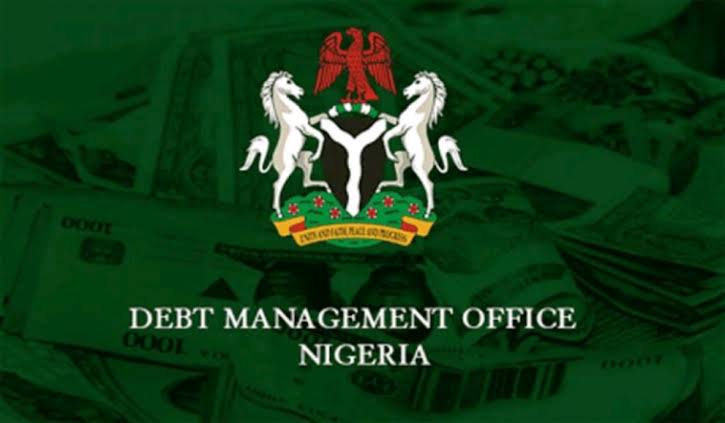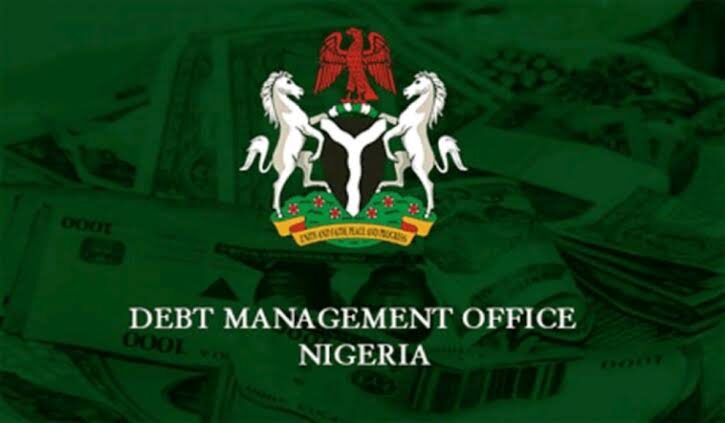
According to data published by the National Bureau of Statistics (NBS), as of the country’s second quarter debt balance, the average debt for each Nigerian was N619,501.

According to data released by the Debt Management Office, Nigeria’s national debt stood at N134.297 trillion in the second quarter of 2024 (June 2024).
If the nation’s population was 21,67 million, according to the National Bureau of Statistics, then the debt a person would bear is N619,501, which is the most recent debt number the DMO has put out.
The DMO reports that “public debt is at N134 trillion. This is the external and internal debt of the FGN (Federal Government of Nigeria) as of 30th June 2024.
According to the debt register, domestic debt stands at N71.2 trillion, and external debt stands at N63 trillion.
The state owes N7.1 trillion to the public beyond, while the federal owes N55.8 trillion.
State accounts are N4.2 trillion, while the federal account is N66.9 trillion.
Current debt levels in the country stand at N134 trillion—up N13 trillion from N121 trillion in March 2024.
Join Us Below:
WhatsApp Group- https://chat.whatsapp.com/J7qRCkBuops9iVvufcowNO
WhatsApp Channel-https://whatsapp.com/channel/0029Va4mXTSBvvsY5B9db13U
Telegram Channel-https://t.me/thefmtblog
Twitter(X)-https://x.com/FMT_BLOG?s=09
It is the development that has intensified pressure on the Nigerian government to reduce the need for borrowing.



